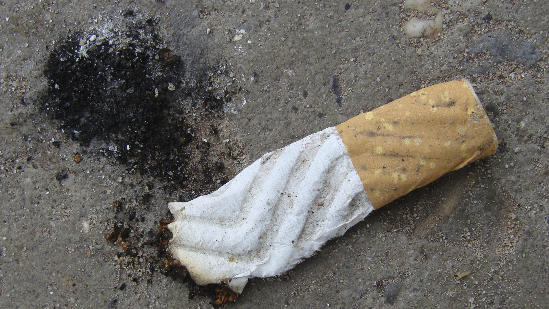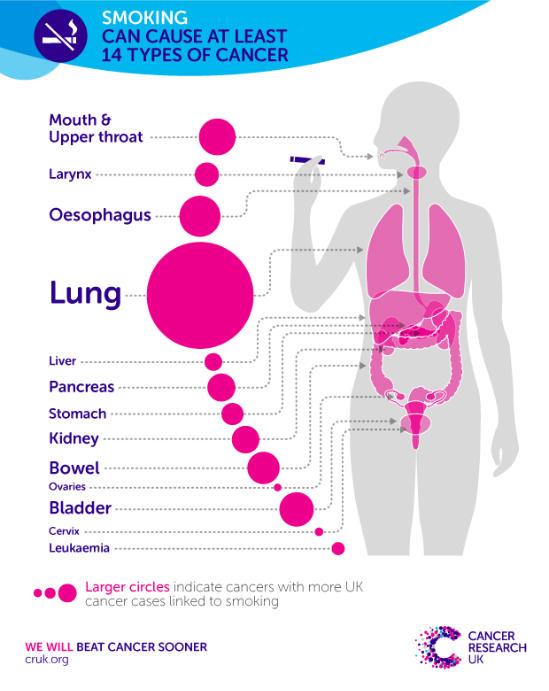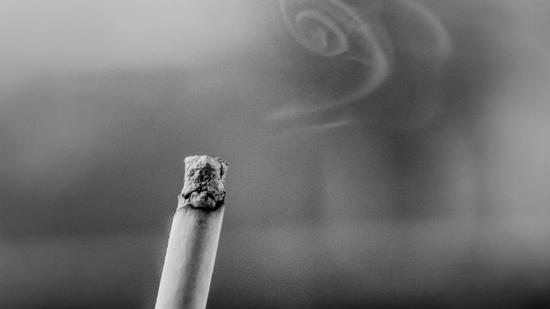﷽

- Criticism – Nobody can accept it, I guess the truth hurts. We are living in absolute arrogant times where you cannot say anything to anyone. Nobody wants to know whether they are right or wrong, whether they offended someone or said something harsh or abusive. People just don’t want to know. I do feel it is worse in the West, we are more arrogant and narcissistic. From an Islamic point of view, the Prophet Muhammad PBUH said, “Arrogance is to deny the truth and think low of people.” (Saheeh Muslim) So if you are wrong and cannot accept it, you clearly have ego issues! Anybody can be criticised, whether they are a scholar or not. An Islamic organisation, madrasah, school or charity. Just because we donate to them for the sake of Allah, doesn’t stop us from criticising them when they do actions contrary to Islam. Good intentions don’t always count when you lack knowledge.
- Parents – Some think they know everything, especially when it comes to their kids. They don’t! And loving your child does NOT mean you give them everything they want. How can a five-year-old know what is good for him/her? Just like kids don’t like injections, but we still give it to them? As we know what is good for them (and what is not). If you spoil your children, it won’t even be the age of sixteen (probably before that) you will start to regret it. “Beware. every one of you is a shepherd and every one is answerable with regard to his flock. The Caliph is a shepherd over the people and shall be questioned about his subjects (as to how he conducted their affairs). A man is a guardian over the members of his family and shal be questioned about them (as to how he looked after their physical and moral well-being). A woman is a guardian over the household of her husband and his children and shall be questioned about them (as to how she managed the household and brought up the children). A slave is a guardian over the property of his master and shall be questioned about it (as to how he safeguarded his trust). Beware, every one of you is a guardian and every one of you shall be questioned with regard to his trust.” (Saheeh Muslim)
- Passive people – There is no doubt we live in an apathetic society. We see crime, oppression and injustice but we just turn a blind eye. I am not talking about Palestine and Syria, I am talking about the dhulm in your own backyard. Men are to blame first and foremost, because men are no longer men. We have a lot of “males” in society, very few (real) men. Then I blame religious folk, who say “Pray Salah, read Qur’an and do Dhikr… everything will be okay?!” On the day of Badr the Prophet ﷺ didn’t just pray Qur’an and do Dhikr! Be active, “evil spreads not because of the violence of bad people, but because of the SILENCE of good people.” We need to speak up, people are not afraid to speak lies, why should we be afraid to speak the truth? Let’s not be selfish and don’t apply the rule: each to their own. That’s not an Islamic rule. “The best of jihad is a just word spoken to an unjust ruler.” (Ibn Majah)
- Da’wah – Not enough people that do it, or do it properly. Then you have the other half who don’t do it at all… this really needs a separate article altogether. Let’s start with “practice what you preach.” Many people don’t even read the hadith/messages they paste on to Whatsapp/Facebook. Secondly, we have people who say if you are not perfect or your family is not perfect you can’t give da’wah. These are definitely words from a Satanic mouth, a true deception of Shaytan. None of us are perfect, so none of us should do da’wah? Exactly what Shaytan wants? Even the uncles of the Prophet ﷺ did not accept Islam, they were Kafir and died as Kafirs. Does this mean the Prophet ﷺ should not have given da’wah to the rest of the world? Think before you speak, people. We now come on to the “fast forwarders” as I call them. They forward anything and everything under the name of Da’wah. When did the Prophet ﷺ say forward fabricated messages? When did the Prophet ﷺ say don’t verify things before forwarding? When did the Prophet ﷺ say if someone asks you for a reference, be defensive and arrogant because your ego cannot accept you are wrong? You get my drift, no further comments. “Do not tell a lie against me for whoever tells a lie against me (intentionally) then he will surely enter the Hell-fire.” (Bukhari)
- Fake people – Crocodiles tears, fake smiles, empty messages, people meet you with two faces, nothing from the heart. Why? The Ummah has become all about numbers. Number of followers on social media, we attend lots of talks but not a single change in our life. Madrasahs and schools have become all about numbers, as long as the seats gets full and fees are paid (and we are in surpluses), we are happy. And people perform excessive Hajj and Umrah, but no substance, no spirituality, not an iota of change. We really need a reality check. We have hundreds in the Masjid, we give thousands in Zakah, we are millions in Hajj, but our hearts are not clean. We really are fake and pseudo Muslims. “He who is two-faced in this world will have two tongues of fire on the Day of Resurrection.” (Abu Dawud)
- Social Media – Some of you are on absoTOTALutely everything!!! Facebook and Instagram and Snapchat and Twitter and WhatsApp and Telegram, like seriously? That is sad. Definitely for people with no life. I honestly just about manage with WhatsApp messages (I hardly even check people’s statuses). Committing yourself to all of these is like a full-time job, not even a part time job. Then you end up upsetting people and offending people, let alone all the debates and arguments you have. Press pause. Stop. Take a breath. And seriously quit the ones you don’t need, the ones that are eating you up and eating your time up. Maybe the last sentence should say, “stick with one.” In previous times, people kept diaries, if someone read your diary you would be upset and offended. Nowadays, we have social media, if someone doesn’t like your post or retweet your comment you get offended! Strange times! A lot of us do sit on our phones all day, even at work. But some people don’t. Don’t call me judgemental, with WhatsApp you can see everything. Those who are always on their phones and those who check social media first thing in the morning. Is it really that important to you? And don’t say “emergency”. Emergencies don’t occur every day. Time is valuable, it is priceless. Imam Ibn ul Qayyim (rahimahullah) stated: ”Time wasting is more serious than death because time wasting cuts you off from Allah and the home of the afterlife, whereas death cuts you off from the worldly life and its people.’’ [Source: Al-Fawaaid…page 59]
- Don’t judge me – Shaytan’s latest plot in spreading evil and preventing good. We have an obligation to enjoin good and forbid evil. If you SEE someone doing bad, stop them. How is that judgemental? Judgemental is when you don’t have evidence. You don’t need to be afraid if you are polite and pleasant in your words. The bigger problem is we don’t have enough people speaking up and stopping evil, so the few that do it, it becomes harder. We have too many ‘yes men’, who bow down to the needs of the people. As Muslims we only bow to the One on the throne (may He be exalted). Here’s one I made earlier.
- Impatient & Thinking the worst of people. We are living in super fast times. We don’t just eat a lot of fast food, we want everything fast and quick. We want fast replies to our texts and calls, if we call someone and they don’t answer (maybe because they are busy/in salah/driving/in the toilet) we get offended or automatically assume they are ignoring us. Most of us have zero patience. Be a bit more considerate, some people are busier than others. You think I am wrong? Next time your YouTube video is buffering for a few seconds, look how angry and frustrated you get?! It takes a few seconds to wait for it. Half of us would just switch the video off because we don’t have the patience to wait. Read more here. Driving and patience is another one, especially in the Asian community. Asian drivers have the least patience and some have no common sense, but you can’t teach them common sense. So I end here.
Ismail ibn Nazir Satia (one who is in dire need of Allah’s forgiveness, mercy and pleasure)
12 Rabiul Thani 1439
HOW TO START A NEW YEAR: https://mylittlebreathingspace.wordpress.com/2015/02/25/the-new-year/





